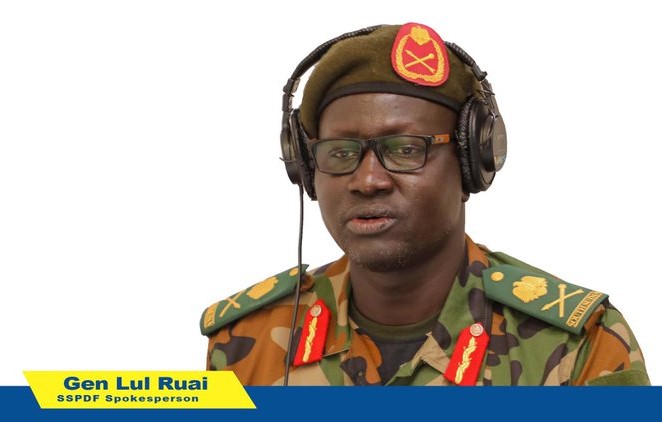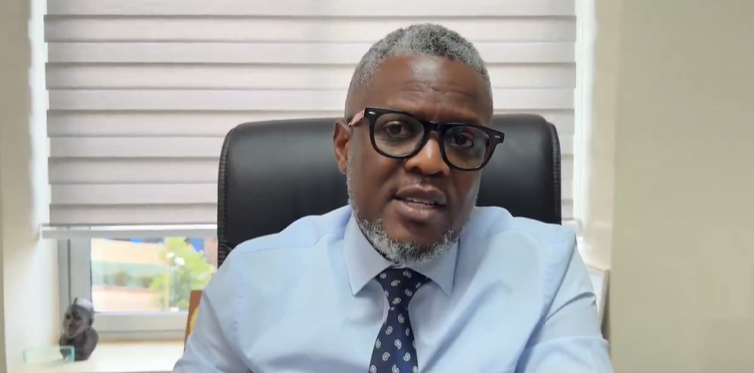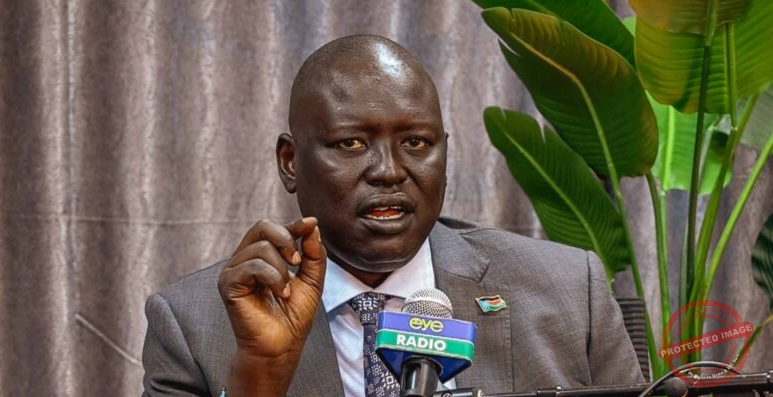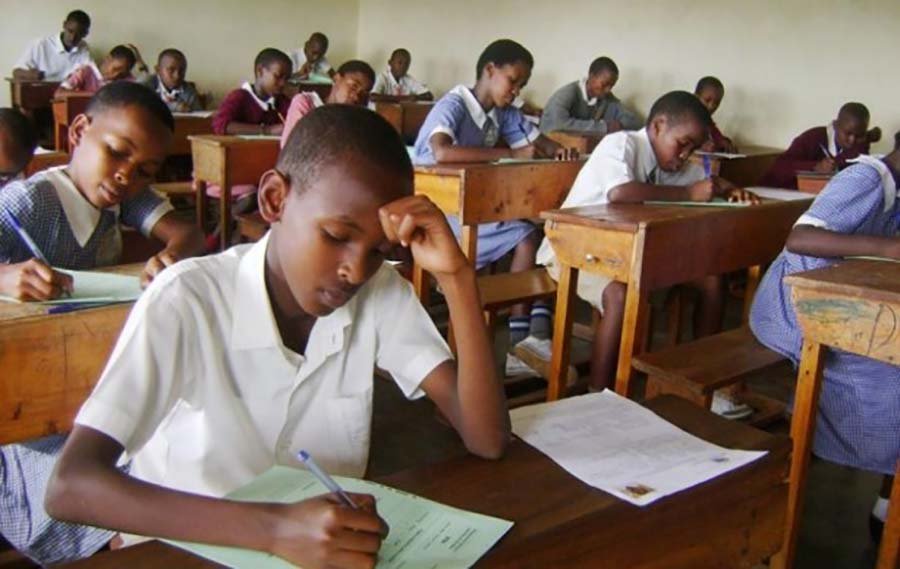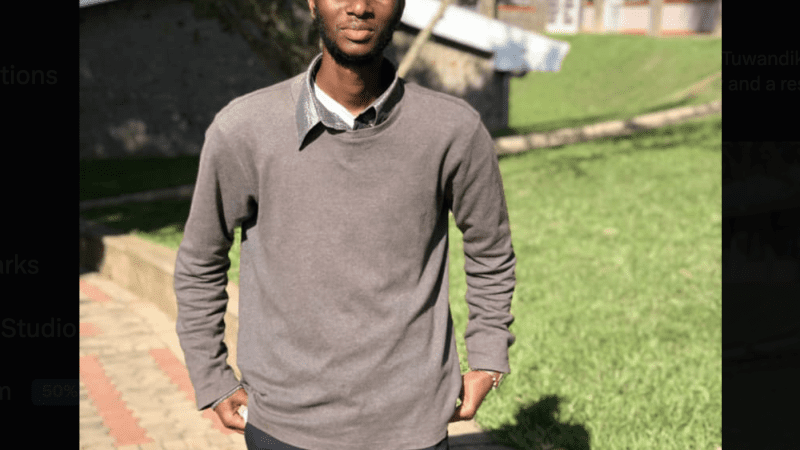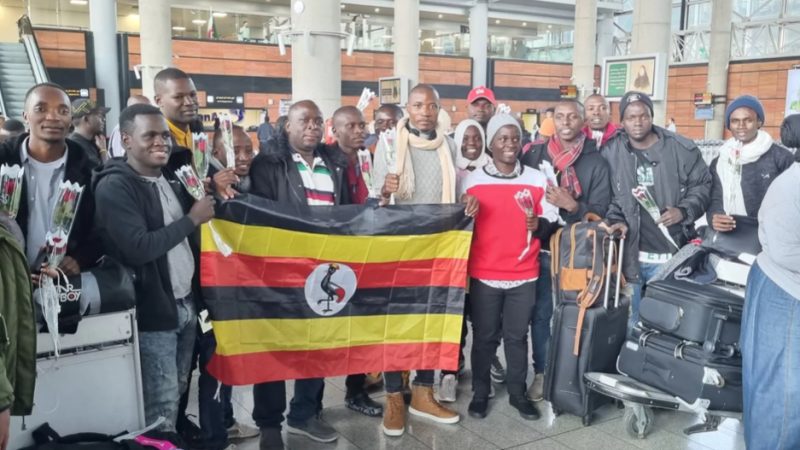Headteachers of government-funded schools and owners of private schools have met to consolidate their negotiations to convince the government to partially re-open education institutions.
Meeting last week, the headteachers of government schools under their Association of Secondary School Headteachers of Uganda (ASSHU) agreed with their private school counterparts the Federation of Non-state Education Institutions (Fenei) that at least candidate classes should be allowed to report as earlier arranged.
The Headteachers reasoned that this would enable schools to test their capacity to control the spread of coronavirus before the rest of the learners join them.
A committee of a few members had been selected to meet the Minister of Education, Ms Janet Museveni, on Friday July 17 to share their position but the meeting was indefinitely postponed.
“We agreed in principle that schools should at least reopen. We are ready to follow the standard operating procedures. But they [government] should communicate if we are not going to open. Anxiety is a disease. When you leave people anxious, including adults, you are not helping the society,” Patrick Kaboyo, the Fenei national secretary, told journalists.
Ismail Mulindwa, the ministry of Education basic education director, who also chairs the ministry’s Covid-19 taskforce, said the meeting with the minister had been postponed to this week. He, however, did not give a specific date.
Last month, the Ministry of Health gave conditions for reopening of education institutions. Later the Ministry of Education said Cabinet would discuss the conditions by the Ministry of Health and the Covid-19 taskforce and assess the possibility of reopening schools.
During their meeting last week, the school leaders in both public and private institutions said some of the conditions the Ministry of Health set as preconditions to reopen are impractical.
They say some conditions need only readjustment to cope with the situation on ground to enable them start.
Martine Okiria Obore, the ASSHU chairperson, said while they can improve hygiene by ensuring there is soap and water for handwashing in schools, it will be difficult to implement the recommended 10 pupils per primary classroom and 15 for secondary and tertiary institutions.
He said they agreed with their colleagues in private schools in the Thursday meeting that only candidate classes be allowed to resume with numbers per classroom readjusted to at least 30.
They also want government to provide health assistants and temperature guns to all schools to monitor students’ health daily.
However, he noted that their dilemma remains on how to handle day scholars.


